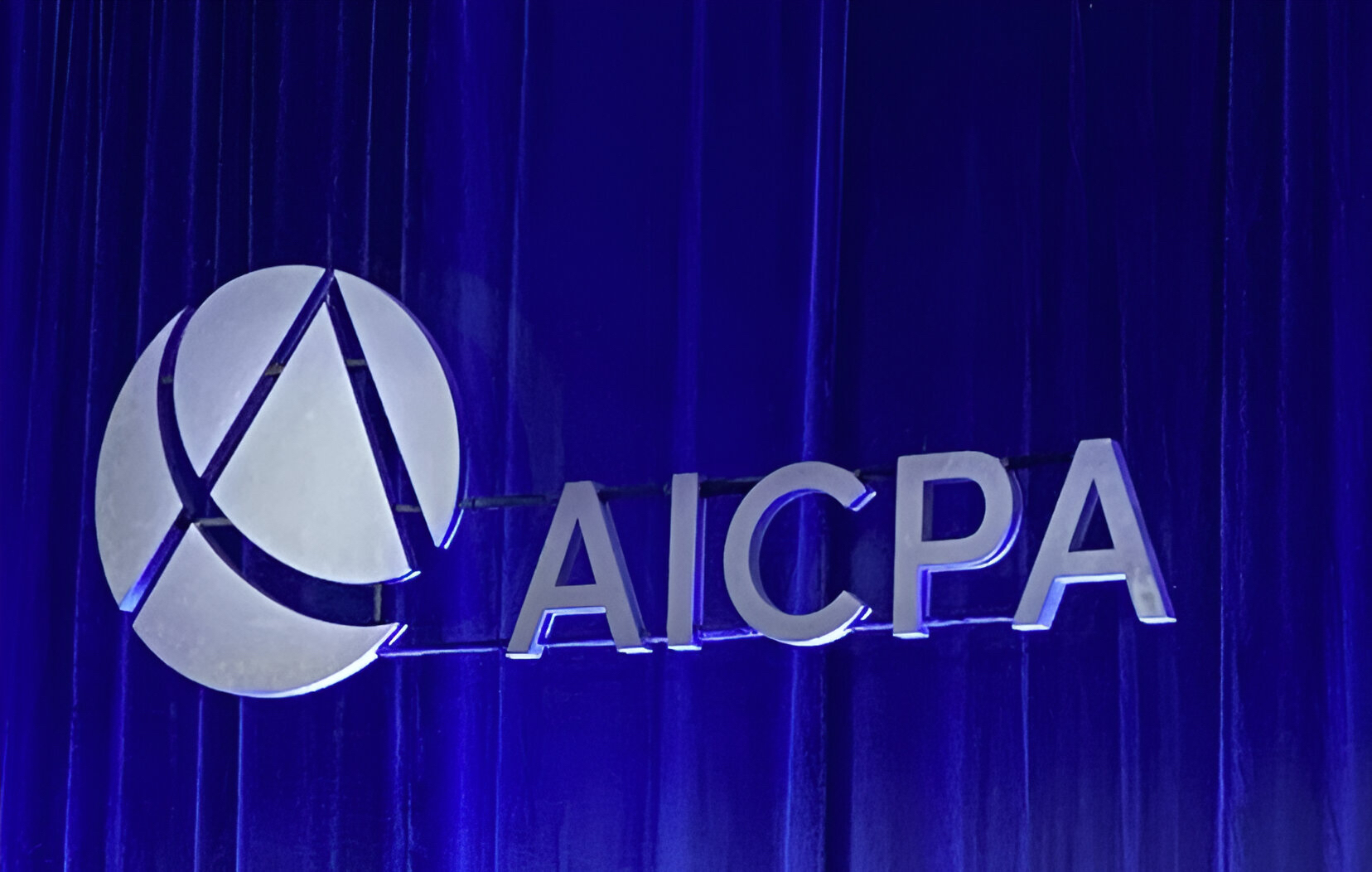Citing the need to boost employee morale, the Internal Revenue Service's new commissioner said last week that he will pay out millions of dollars in bonuses to agency employees, reversing a decision his predecessor made to save money amid the sequester budget cuts and other belt-tightening last year.
The agency remains under fire for targeting tea party groups, but Commissioner John Koskinen said the bonuses are needed to retain and attract good employees in a time of cutbacks.
“This is money best spent on our existing employees,” he said in an email to agency employees. “The performance award payouts are in recognition of that great work done in very trying circumstances. I firmly believe that this investment in our employees will directly benefit taxpayers and the tax system.”
The move didn't sit well with congressional critics who have been stupefied by the agency's targeting of tea party groups and, more recently, proposed rules to crack down on an even broader class of political activities by tax-exempt groups.
“It's hard to think of a group of people less deserving of bonuses than IRS employees. Frankly, this is outrageous,” said Sen. Orrin G. Hatch of Utah, the ranking Republican on the Senate Finance Committee.
He said while “not every IRS worker” was involved in the tea party targeting, it sends a “wrong signal” to reward the agency.
Mr. Koskinen is slated to appear on Capitol Hill for an oversight hearing Wednesday.
His predecessor, acting Commissioner Danny Werfel, whom Mr. Obama tapped to clean up the agency after the tea party-targeting came to light, canceled the bonuses last year. He said the money was used to limit furloughs to just three days, instead of the five that would have been necessary under the budget sequesters.
It's not clear where IRS officials found the money to pay for the bonuses, given last year's tight budget.
The National Treasury Employees Union, which represents many IRS workers, argued that canceling the bonuses was illegal under the union's collective-bargaining agreement. The union took the agency to court.
To head off the lawsuit, Mr. Koskinen negotiated the bonuses with NTEU President Colleen M. Kelley.
Ms. Kelley said the lower bonuses were better than waiting out a court case where the outcome could be no payouts at all.
“The awards are a relatively small amount of money, but they go a long way toward acknowledging the hard work of employees who exceed their performance expectations for the year,” she said.
The bonuses will amount to about 1 percent of pay — less than the 1.75 percent rate of previous bonuses.
Agency officials said they will pay $43.4 million to employees represented by labor unions and $19.1 million to other employees, for a total of $62.5 million in bonuses for 2013.
They said the amount is lower than the $89.1 million paid out in 2012.
“Since he took office in December, Commissioner Koskinen has heard repeatedly from employees across the nation about the importance of the performance awards. The decision to cancel them last year was not a popular one, and significantly affected employee morale,” said spokeswoman Michelle Ethridge. “Pay-for-performance is also a significant factor in encouraging quality and efficient work across the IRS.”
An internal audit last year found that IRS employees deliberately slow-walked applications for tax-exempt status from tea party and conservative groups, and repeatedly asked intrusive questions about those groups' activities.
The FBI and Justice Department are still looking into whether criminal activity occurred at the agency — though President Obama said this weekend in an interview with Fox News that he doesn't think there was any criminal wrongdoing.
“There were some bone-headed decisions,” the president told Bill O'Reilly in a pre-Super Bowl interview Sunday, but he said the agency's actions did not involve “even a smidgen of corruption.”
Those comments appeared to contradict the White House's long-standing policy of not commenting on matters still under criminal investigation. Attorney General Eric H. Holder Jr. last week said criminal charges are possible.
White House press secretary Jay Carney said Monday that Mr. Obama is basing his opinion not on any inside information about that investigation, but on public reports from the Treasury Inspector General for Tax Administration, which revealed the targeting in May.
———————–
Copyright 2014 – The Washington Times
Thanks for reading CPA Practice Advisor!
Subscribe Already registered? Log In
Need more information? Read the FAQs
Tags: IRS



